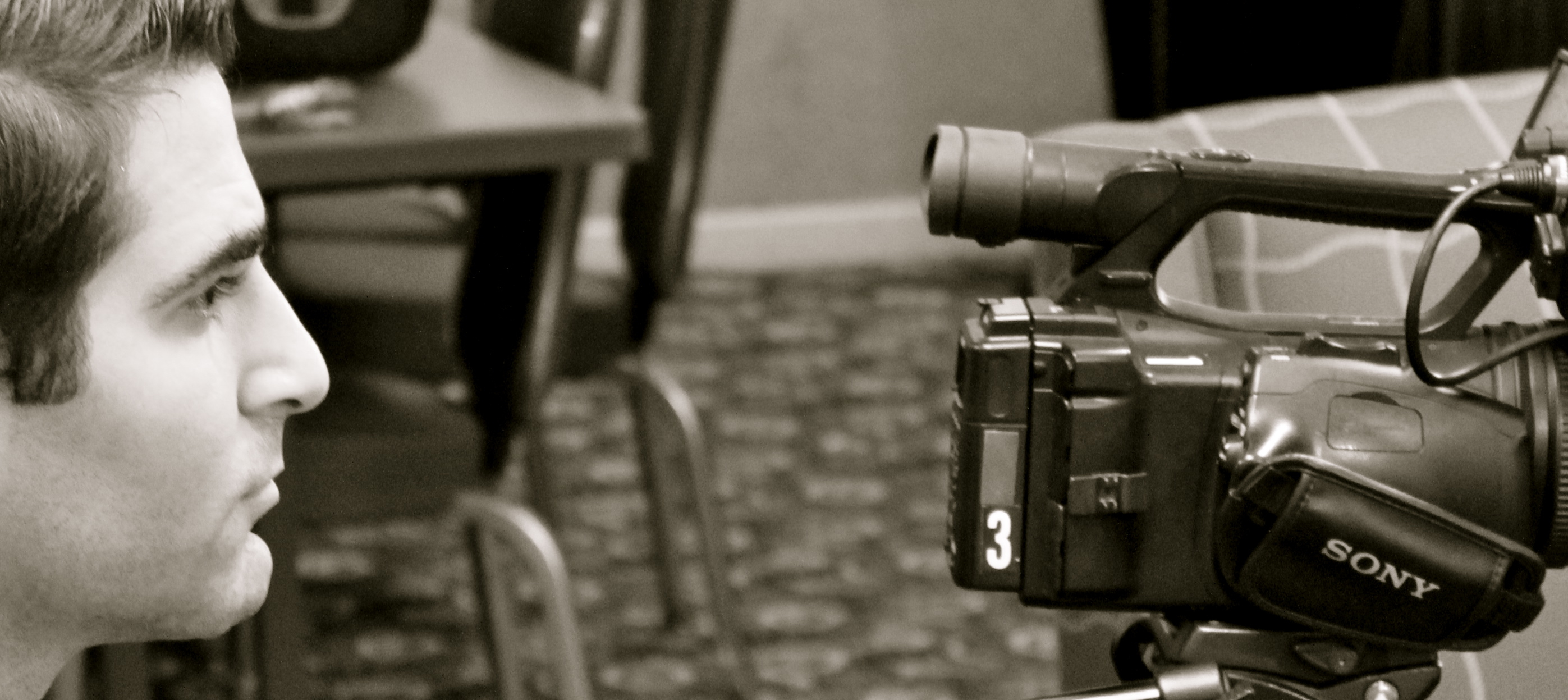Once upon a freshman or sophomore year, Kelly Davies approached me, her mind ill-at-ease.
Davies, a volleyball player, needed to vent about a former Sports Desker’s article, which struck her as, um, a teensy bit insensitive.
“There was some opinion piece about what student-athletes should be taking at Carolina,” Davies rehashed with me last week. “And it said that they should be taking a modified – what does modified mean? – exercise and sports science curriculum.
“And basically the reason that they should take this is that they can’t read, and they’re incapable – which is bullshit.”
Reading that out of context, you might incorrectly label Davies an Ebenezer Scrooge. She’s actually as genial as Santa Clause – a bona fide extrovert. But as a varsity volleyball player who also spent one year of college as Jane Student, undue criticism of student-athletes boils her blood.
But this criticism exists because of the noticeable schism on campus between athletes and the rest of us – aka “normies,” “civilians.”
Athletes walk around in their team gear. (Wearing free Nike gear makes no sense at all.) They live together and throw team parties. (Not like you’d ever live or socialize with people you see daily.) And they even eat lunch together. (Sometimes in large parties.)
Granted, some athletes strut about with more pomp than a peacock, but a few bad apples do not a rotten orchard make.
Yes, some student-athletes ride for free on scholarships, but just as many – possibly more – walk on and pay tuition.
Rachel Schneider, a junior gymnast, said, similarly, “Yeah, people love coming to all the events, but they think that athletes in the class somehow don’t do all of the work or aren’t as smart.”
Said Bobby Frasor, the basketball team’s Scholar Athlete of the Year: “Some students don’t realize how much time and effort we put into this program, so they don’t like it if we get advantages. Like, we get to register for classes early because we can’t take any classes between 2 and 5 because we’re in practice.”
Folks, the yuck stops here.
By and large, student-athlete Tar Heels comprise a remarkable group of individuals who must invest more time in their sport than any scholastic concentration.
“I tell people that all the time,” Davies said. “People ask me what I’m majoring in at Carolina, and I’m like, ‘Uh, volleyball.'”
At UNC, being a student-athlete means sacrificing a part of yourself to a team, 24/7. It means a part-time, volunteer job, often with weekend shifts – during the off-season. It means somehow fitting schoolwork in. And it means forgetting about going home.
“Home? Never,” Frasor said. “Fall Break, we’re here; Winter Break, we’re here; Spring Break, we’re here.”
Pictures of you line the walls of every Franklin Street restaurant. Six-year-olds wait in line after games – no matter the sport – for your autograph. Each year, thousands of college applicants choose UNC, largely thanks to the prestige the athletic program has conferred upon the University.
Lastly, being a student-athlete means that you can, in fact, read.
“One of my teammates is as pre-med as you can get here at Carolina,” Davies said as she concluded her venting. “There’s many of us who’ve gotten into this school without any help from an athletic program.”
Lest you forget: There are more than 380,000 NCAA student-athletes, and just about all of them will be going pro in something other than sports.
Contact Sam Rosenthal at samrose24@gmail.com.

